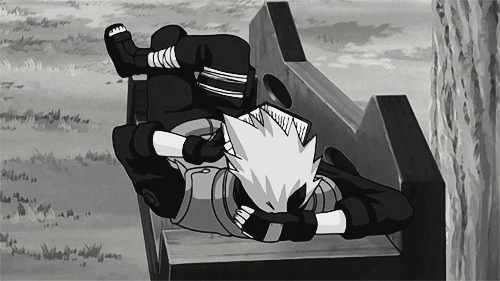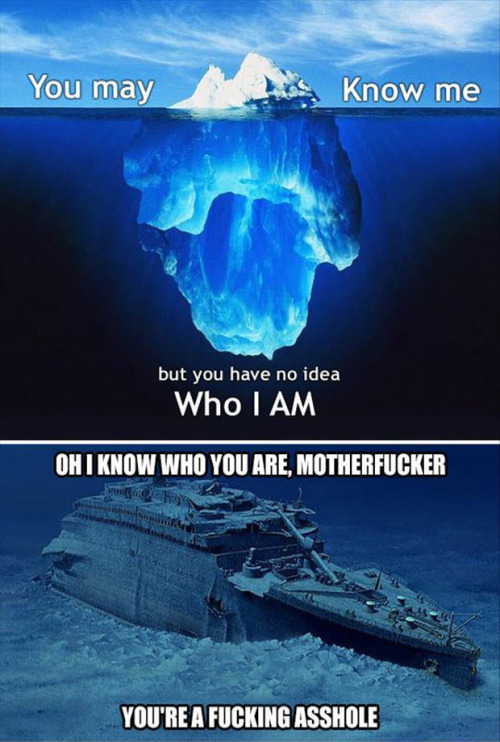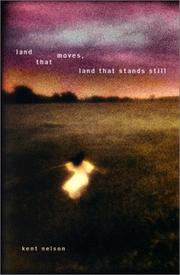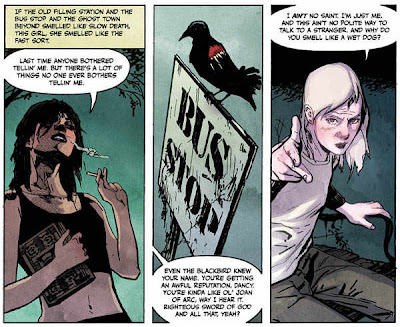Kiernan’s finely crafted stand-alone fantasy guides an artistic young woman through a maze of false memories and blurred realities. A diagnosis of schizophrenia is no surprise to India Morgan Phelps, aka Imp; her “family’s lunacy lines up tidy as boxcars” down the generations. Meds and psychiatry help keep her stable until she meets Eva Canning, who looks just like the woman in The Drowning Girl, an 1898 painting that has enthralled Imp since she was a child. Imp’s need to learn the truth about Eva brings on dreams and memories that can’t be real, and the obsession only gets worse when Eva abruptly disappears. Could Eva be the ghost of the woman who inspired the painter of The Drowning Girl, or a priestess whose worshippers died in a mass drowning in 1991? The chiding voice in Imp’s head urges her to get her stories straight, but how can she when reality keeps changing? Kiernan evokes the gripping and resonant work of Shirley Jackson in a haunting story that’s half a mad artist’s diary and half fairy tale. Agent: Merrilee Heifetz, Writers House. (Mar.)
Here are better reviews: Elizabeth Hand's and from Tor.com.
I also don't know how to recommend it... at first reads it was quite vague and annoying, but then the mysteries began to get clearer at later reads. It can turn off some readers (from what I can gather from the negative reviews). What I admire most is how Imp was written. She's only a fictional character yet this gave the effect that she does exist, and the writer to create such a believable person is amazing. In the memoir, Imp inserts her own writings, two short stories that are my favorite parts of the book: "The Mermaid of the Concrete Ocean" and "Werewolf Smile". These are fictions inspired by Eva the mermaid and Eva the werewolf.
So... instead of trying to write a review, here are quotes from the book, which tells more about the book that what I can say about it. Though I am not insane like Imp, I do relate to her... especially the things about intrusive thoughts.
On crazy: "It’s a myth that crazy people don’t know they’re crazy. Many of us are surely as capable of epiphany and introspection as anyone else, maybe more so. I suspect we spend far more time thinking about our thoughts than do sane people."
"Am I dragging my feet because I’m a crazy woman who knows damn well she’s crazy, but who doesn’t want to be reminded just how crazy she is by having to tell two stories that are true, when only one can be factual?"
On religion: "We never went to church, because my mother was a lapsed Roman Catholic, and always said I’d be better off steering clear of Catholicism, if only because it meant I’d never have to go to the trouble of eventually lapsing."
Libraries: "All my life, I have loved visiting the Athenaeum on Benefit Street. Rosemary and Caroline took me there more often than the central branch of the Providence Public Library downtown. The Athenaeum, like so much of Providence, exists out of time, preservationists having seen that it slipped through the cracks while progress steamrolled so much of the city into sleek modernity. Today, the Athenaeum isn’t so very different than in the days when Edgar Allan Poe and Sarah Helen Whitman courted among the stacks. I couldn’t begin to imagine how many hours I’ve spent wandering between those tall shelves and narrow aisles, or lost in some volume or another in the reading room on the lowermost floor. Housed there within its protective shell of pale stone, the library seems as precious and frail as a nonagenarian. Its smell is the musty commingling fragrance of yellowing pages and dust and ancient wood. To me, the smells of comfort and safety. It smells sacred."
On ghosts: "Ghosts are those memories that are too strong to be forgotten for good, echoing across the years and refusing to be obliterated by time. That’s another thing about ghosts, a very important thing—you have to be careful, because hauntings are contagious. Hauntings are memes, especially pernicious thought contagions, social contagions that need no viral or bacterial host and are transmitted in a thousand different ways. A book, a poem, a song, a bedtime story, a grandmother’s suicide, the choreography of a dance, a few frames of film, a diagnosis of schizophrenia, a deadly tumble from a horse, a faded photograph, or a story you tell your daughter."
Intrusive thoughts: "I explained to her that, “It’s like I put on a pair of headphones, and at first there’s no sound at all coming through them. No music. No voices. Nothing. But then,” I said, “way in the background, so soft maybe you only think you’re hearing it, there’s static. White noise. Or someone whispering. And slowly that sound gets louder and louder. At first, it’s easy to ignore. It’s hardly even there. But, eventually, it grows so loud you can’t hear anything else. In the end, the sound swallows the whole world. Even if you take the headphones off, that noise won’t stop.” She nodded, and smiled, and told me I’d eloquently described what are called intrusive thoughts. Involuntary and unwelcome thoughts that can’t be shut out no matter how hard someone tries."
Hauntings: "Sirens are intrusive thoughts that even sane men and women have. You can call them sirens, or you can call them hauntings. Doesn’t matter. Once Odysseus heard the sirens, I doubt he ever forgot their song. He would have been haunted by it all the rest of his life. Even after his terrible twenty-year journey, the archery competition, even after he gets Penelope back and the story has a happy “ending,” he must still have been haunted by their song, in his dreams and when he was awake. Every time he saw the sea or the sky."
Dr. Ogilvy and the pills she prescribes are my beeswax and the ropes that hold me fast to the mainmast, just as my insanity has always been my siren. As it was Caroline’s siren and Rosemary’s siren before me. Caroline listened and chose to drown. Rosemary drowned, even though there were people who tried to stuff her ears and did tie her down.
This book trailer got the feel of the story right:


















































